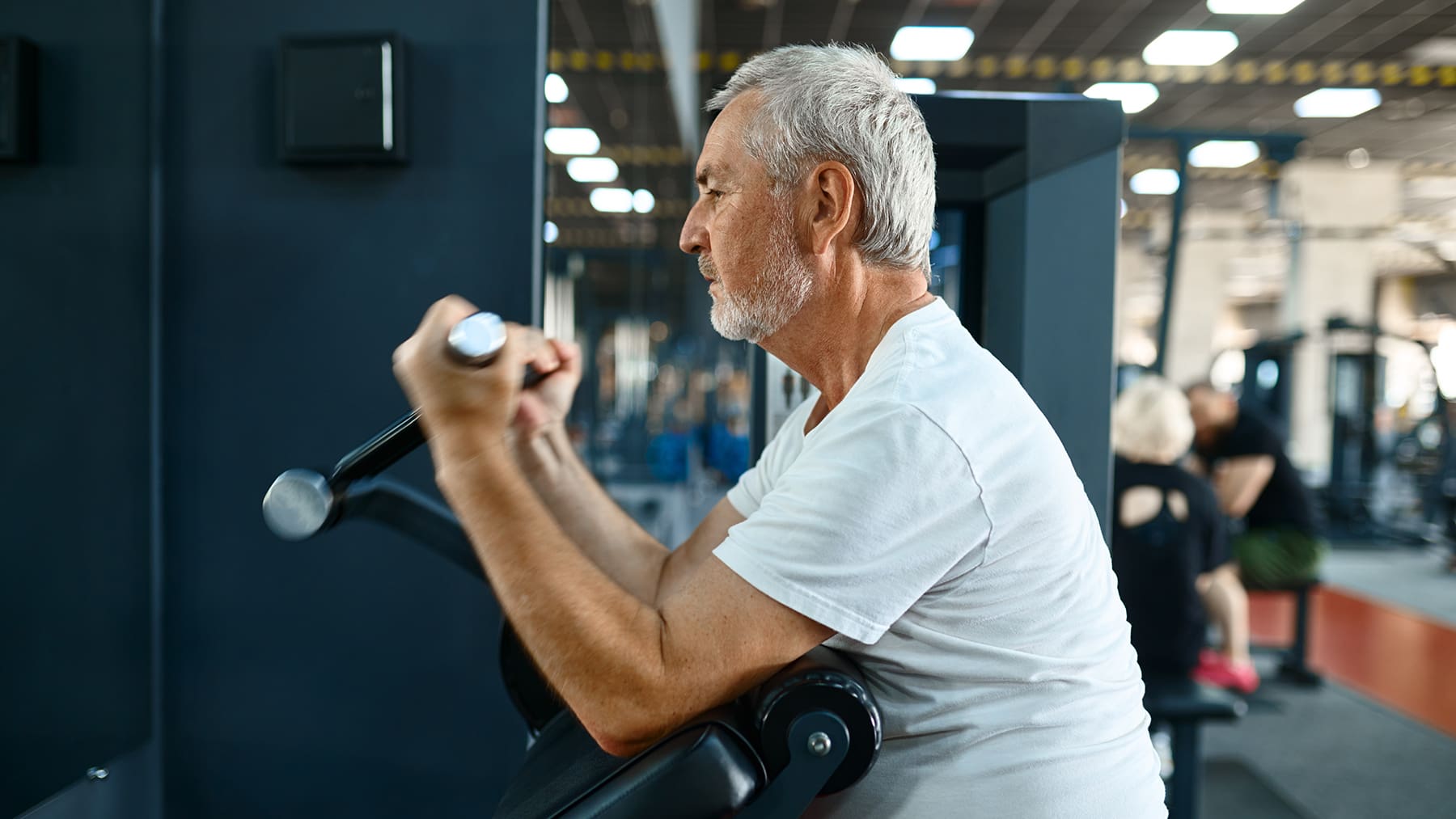Reviewed By Blake Gilliam, CRNP
Reading Time: 4 minutes
If you are a male over the age of 30, perhaps you have experienced one or more of these symptoms:
- Depression and anxiety
- Low libido
- Trouble getting or keeping an erection
- Decreased energy levels
- Decreased muscle mass
- Memory loss
- Hair loss
- Mood swings or irritability
If this sounds like you, you may have low testosterone. But don’t despair! Testosterone replacement therapy is an effective treatment for low T.
TRT involves administering testosterone to supplement the body’s natural production of testosterone. If the body isn’t making enough, you experience negative symptoms like those listed above. Supplementing it with testosterone restores it to normal levels and alleviates the symptoms.
In this blog, we will answer some frequently asked questions about TRT, including: What is TRT? How much is it? Are there side effects?
Let’s get to it!
Table of Contents
1. What Is Testosterone Replacement Therapy?
Testosterone replacement therapy is a medical treatment for men with low testosterone. It involves administering synthetic testosterone to increase the levels back to the optimal range, typically between 300 ng/dl and 1000 ng/dl.
2. What Are the Effects of Testosterone Replacement?
There are many benefits of TRT. Here are a few:
- Increased muscle mass: TRT helps increase muscle mass by stimulating protein synthesis and reducing muscle breakdown.
- Improves bone density: Testosterone plays a crucial role in maintaining bone health. Low levels can lead to decreased bone density, making bones more susceptible to fractures.
- Improves sexual function: Testosterone is a key hormone in male sexual function. TRT can help improve libido, erectile function, and overall sexual satisfaction.
- Improves mood: Low testosterone levels are associated with mood disorders such as depression and irritability. TRT can help alleviate symptoms of these conditions by increasing testosterone levels.
3. How Much Is Testosterone Replacement Therapy?
At our practice, we offer testosterone replacement in the form of injections. The injections are administered weekly or biweekly depending on your levels. We teach you how to inject yourself so that you can do the injections in the comfort of your home.
The cost of testosterone replacement therapy is $199 per month. This includes your office visits and follow up, the medication, all the supplies needed, and lab tests (if you do not have insurance).
4. What Are the Risks of Testosterone Therapy?
The risks are minimal when taken under the supervision of a healthcare provider. Most of the side effects experienced are transient in nature until the body equalizes.
5. What Is the Average Dose of Testosterone Replacement Therapy?
The dose will vary depending on your needs and response to treatment. Typically, we will start with a low dose and gradually increase it until reaching optimal testosterone levels. The average starting dose is around 50 mg to 100 mg per week for injections.
6. How Long Does Testosterone Replacement Therapy Take to Work?
Every body is different, so the time it takes to work will vary from patient to patient. You can expect to see improvements in your symptoms within 3 to 4 weeks.
7. What Happens When You Stop Testosterone Replacement Therapy?
When you stop TRT, your levels will decrease and your symptoms will return. It should be noted that testosterone regulates many other systems in the body. It helps regulate bone density, fat distribution, and red blood cell production. Low levels can also lead to health conditions such as cardiovascular disease and stroke. So if your levels are low, it’s important to stay on replacement therapy for life.
8. Is Testosterone Replacement Therapy the Same as Taking Steroids?
No, testosterone replacement therapy is not the same as taking steroids. Testosterone prescribed by a doctor is carefully monitored and given in low doses. The purpose is to supplement the body’s natural production, bringing it back up to optimal levels. Anabolic steroids are obtained illegally and are not monitored by a doctor. The high doses are very dangerous and can lead to several negative side-effects.
9. Does TRT Cause Hair Loss?
There is no clear evidence to suggest that testosterone replacement therapy causes hair loss. However, if you have a genetic predisposition to male pattern baldness, TRT may potentially accelerate the process.
10. How Can You Boost Testosterone Naturally?
To naturally increase testosterone levels, consider:
- Regular exercise: Especially weight lifting and high-intensity interval training.
- Balanced diet: Rich in protein, fat, and carbs.
- Stress reduction: Stress hormones can interfere with testosterone production.
- Avoid excessive alcohol and drug use: Both can significantly lower testosterone levels.
- Vitamin D: Increased sun exposure or supplements.
- Good sleep: Aim for 7-9 hours per night.
Incorporating these habits can help maintain healthy testosterone levels and improve overall well-being. However, despite your best efforts to live a healthy life, testosterone levels may still decrease. It is normal for testosterone levels to decrease by about 1% a year after the age of 30.
Don’t Let Low Testosterone Get You Down
At Madison Integrative Medicine, we specialize in addressing hormonal imbalances that can significantly affect men’s health and quality of life.
Our goal is to alleviate symptoms of low testosterone such as low energy, mood swings, decreased muscle mass, and challenges in sexual performance, ensuring a path back to vitality for every man.
Take the first step towards reclaiming your health and well-being by contacting Madison Integrative Medicine today. If you are searching for ‘testosterone replacement therapy near me’, we can help. Call (256) 325-0955 or complete the online inquiry form.

